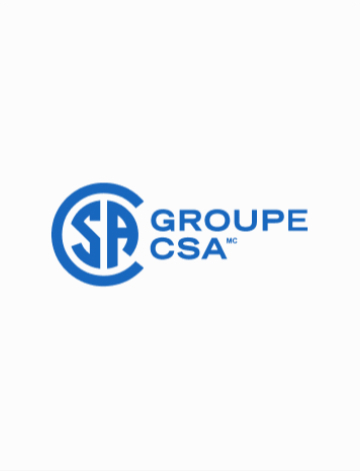Preface
This is the second edition of AHAM 7008/CSA R7008/UL 7008, Sustainability standard for household dehumidifier appliances. This is a consensus document; it will be processed in accordance with procedures accredited by ANSI and SCC with the intent of being published as a consensus document.
Scope
1.1
This Standard covers dehumidifier for households use included within the scope of the U.S. Department of Energy (DoE) and Canadian Energy Efficiency Regulations (as of June 13, 2019) that are products, other than a portable air conditioner, room air conditioner, or packaged terminal air conditioner, that is a self-contained, electrically operated, and mechanically encased assembly consisting of:
(a) A refrigerated surface (evaporator) that condenses moisture from the atmosphere;
(b) A refrigerating system, including an electric motor;
(c) An air-circulating fan; and
(d) A means for collecting or disposing of the condensate. (10 CFR 430.2).
1.2
This includes dehumidifiers with the following capacity:
(a) 11.83 L (25.00 pints)/day or less;
(b) 11.83 L (25.01 pints) to 23.66 L (50.00 pints)/day; and
(c) 23.66 L (50.01 pints)/day or more.
Note: Whole home dehumidifiers are not covered by this Standard’s scope.
1.3
The values given in SI units are the units of record for the purposes of this Standard. The values given in parentheses are for information and comparison only.

